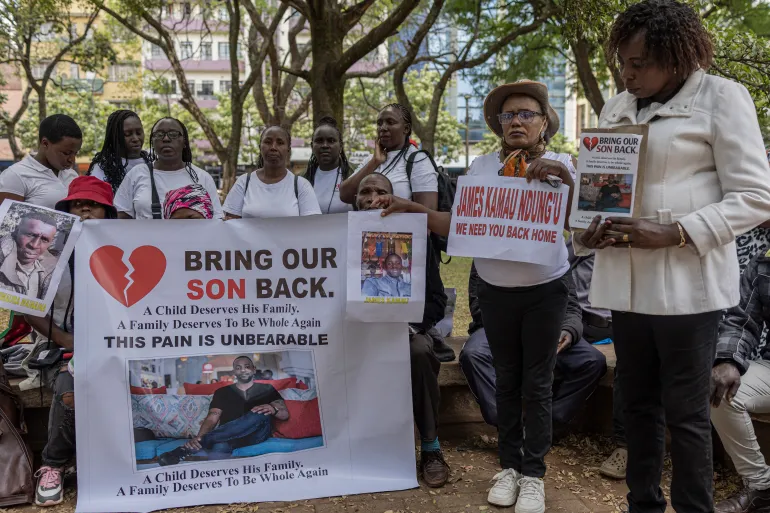In a controversial move, U.S. President Donald Trump has revoked sanctions imposed by the Biden administration targeting violent Israeli settlers in the West Bank. The decision, announced on his first day back in office, has sparked intense debate about its implications for Middle East peace and regional stability.
The Biden-era sanctions, introduced in response to escalating violence by far-right Israeli settlers against Palestinians, were designed to restrict travel and freeze assets of individuals and groups involved in such activities. The policy was part of a broader effort to address human rights violations and maintain balance in the volatile West Bank region.
President Trump, however, has characterized the sanctions as “unfairly targeting Israeli communities” and counterproductive to U.S.-Israel relations. In a statement, Trump emphasized his administration’s unwavering support for Israel, calling the sanctions a “misstep” that alienated a key ally. His administration claims that lifting these restrictions will strengthen bilateral ties and facilitate better cooperation in security matters.
The move has been met with applause from Israel’s far-right government. Israeli National Security Minister Itamar Ben-Gvir, known for his hardline stance, publicly thanked Trump, stating that the decision underscores America’s commitment to Israel’s sovereignty over disputed territories.
Conversely, Palestinian authorities and human rights organizations have condemned the decision. They argue that it emboldens settler groups responsible for violent attacks and undermines peace efforts in the region. “This sends a dangerous signal that settler violence will go unchecked,” said a spokesperson for a Palestinian advocacy group.
Observers note that Trump’s decision could have far-reaching consequences. The West Bank has been a flashpoint for decades, with increasing tensions between Israeli settlers and Palestinian residents. Critics fear that revoking the sanctions could exacerbate hostilities, leading to further displacement of Palestinian communities and potential breaches of international law.
The international community remains divided on the issue. While some countries, particularly those with strong ties to Israel, have welcomed the move, others have urged caution. The European Union, in a joint statement, expressed concern that the decision could derail efforts toward a two-state solution.
Trump’s policy reversal is widely seen as part of his administration’s broader realignment of U.S. foreign policy in the Middle East, prioritizing strong alliances with Israel and other key regional partners. As tensions mount in the West Bank, the global spotlight remains fixed on how this decision will shape the future of the Israeli-Palestinian conflict.























